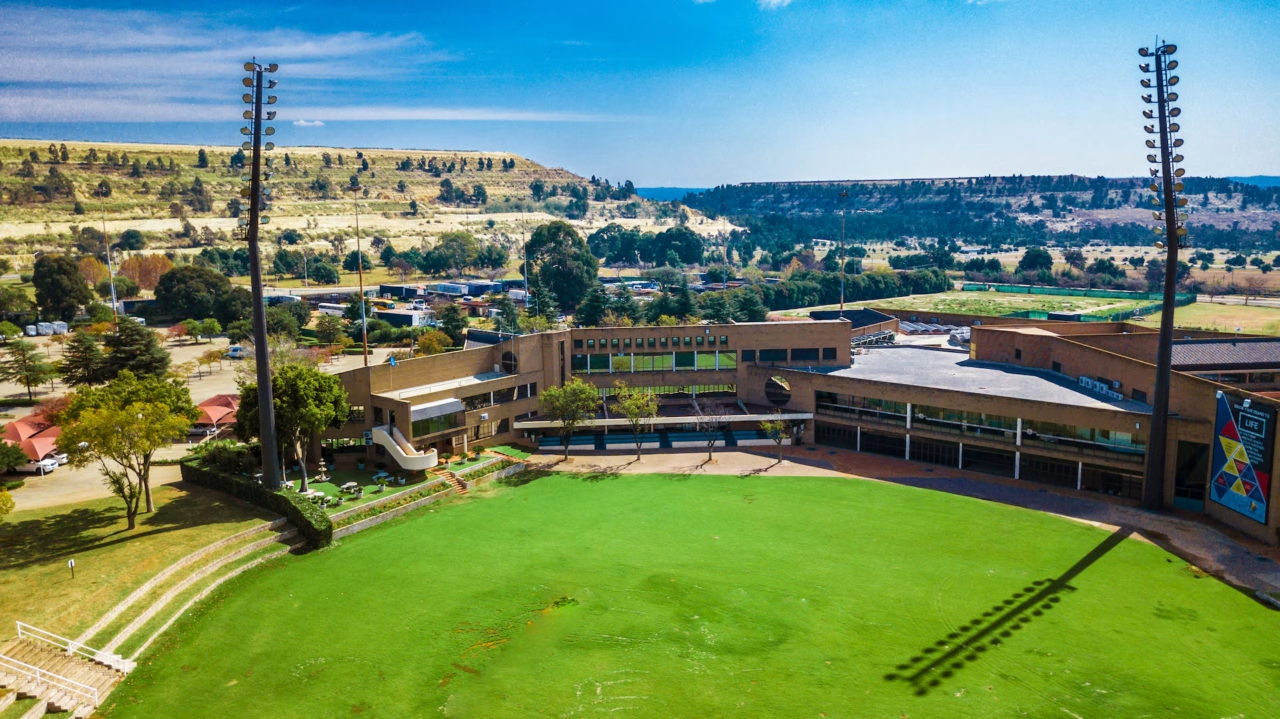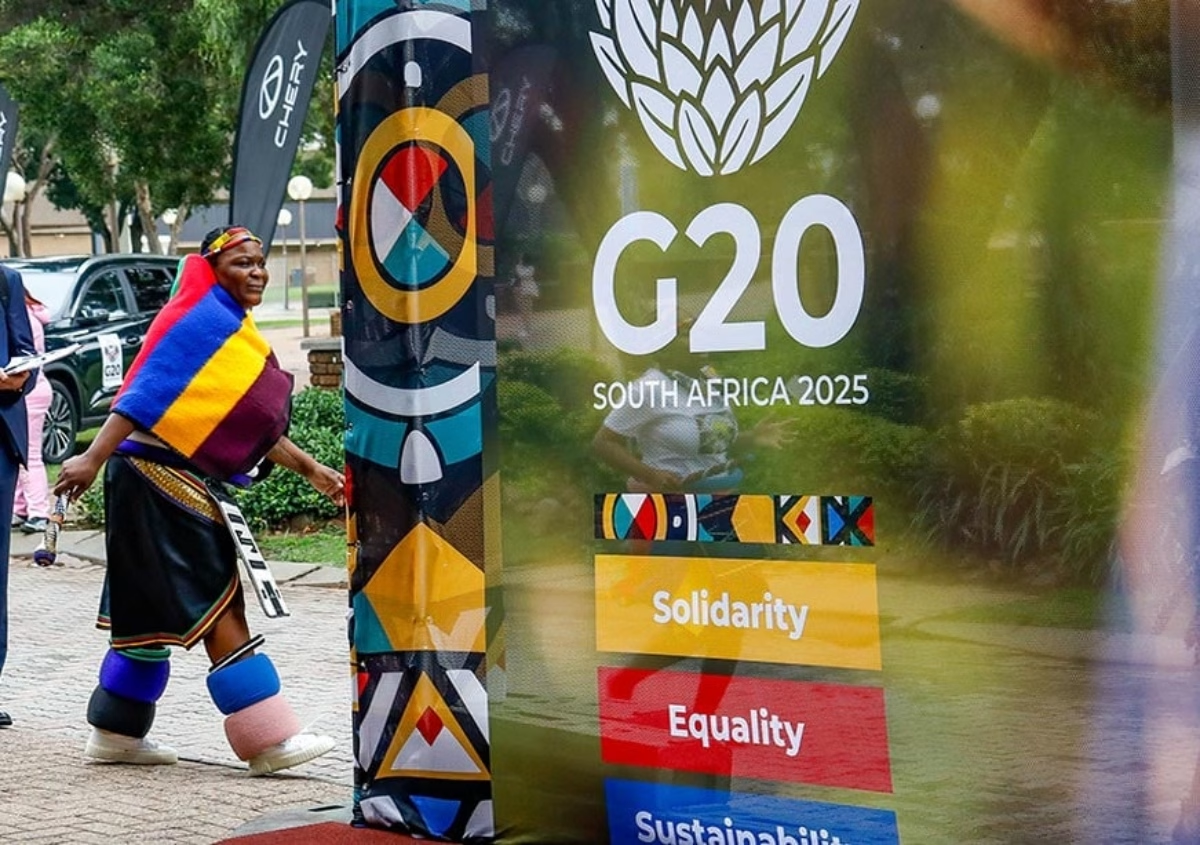Millions of people around the world rely on bushmeat as a source of local protein. However, it is increasingly being funnelled into a lucrative organised trade, providing luxury goods to an international market which pushes prices up. The scale of the illegal bushmeat trade is unknown, but scientific reviews suggest it is becoming increasingly commercialised, with more demand in overseas cities and urban centres as well as rural areas. Within Africa, reports from countries including Angola and Nigeria suggest there is increasing demand in big cities, with more people dependent on the trade for income. Researchers estimate 3.9 tonnes of bushmeat a month is smuggled through a Brussels airport, including bits of elephants, pangolins and crocodiles, and demand for bushmeat has become one of the main drivers of wildlife trafficking. The trade in some species has created a “significant extinction threat” to some wildlife populations, particularly in Asia, Africa and South America, according to the first global assessment of hunting’s effect on terrestrial mammals.
SOURCE: THE GUARDIAN











